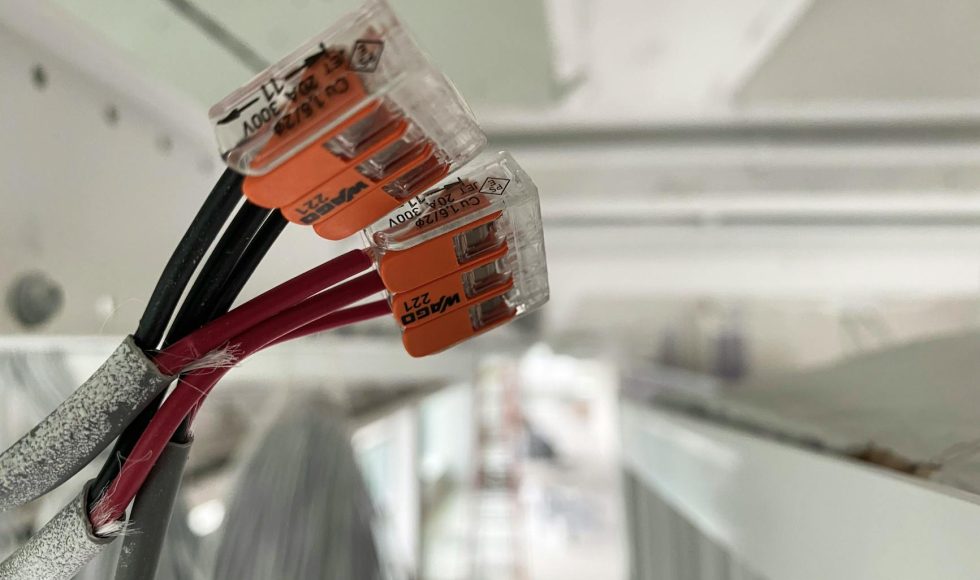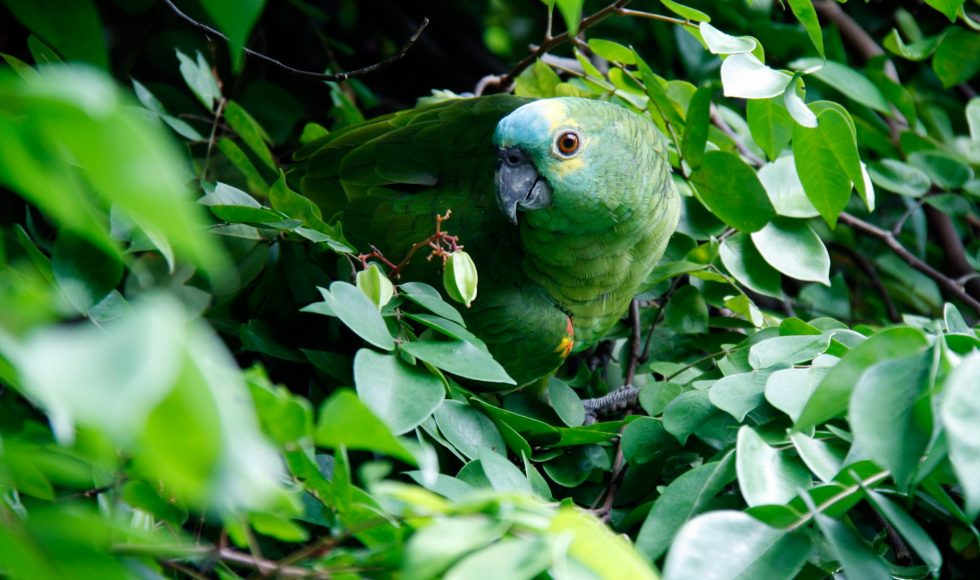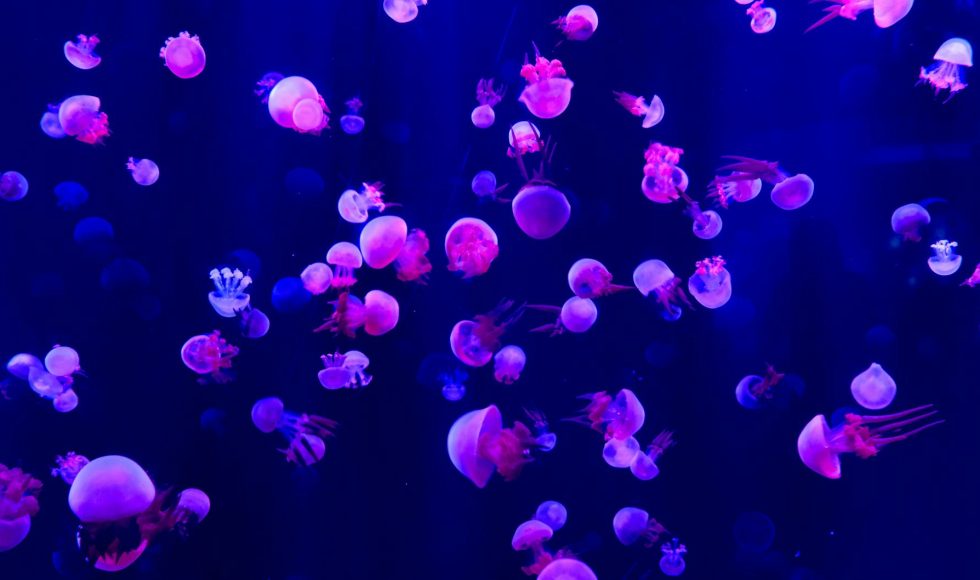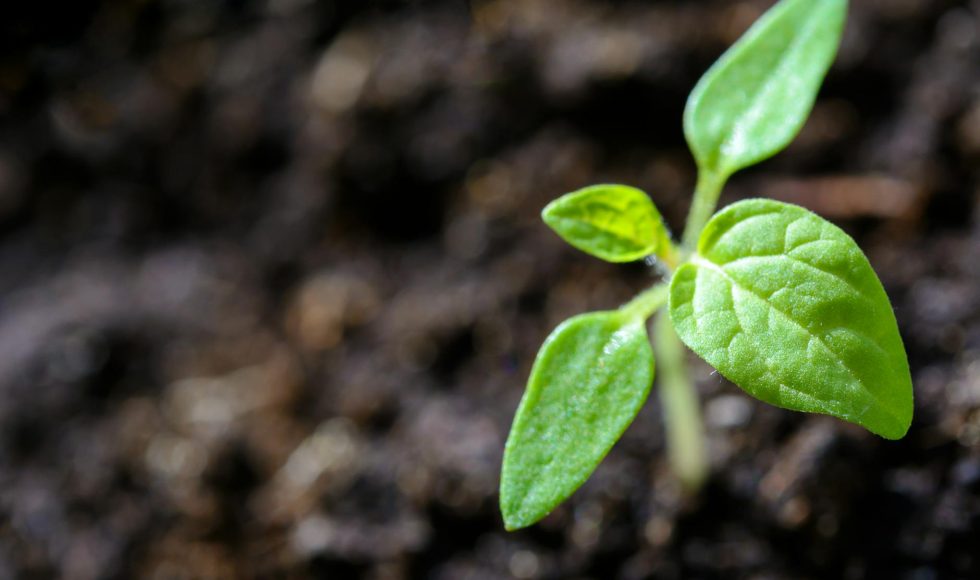Monica Kehoe from the Department of Primary Industries and Regional Development in Australia presented at the 2019 London Calling meeting. The session’s title was “Nanopore sequencing and analysis of plant pathogenic viruses—more than just rapid diagnostics?” Kehoe is based in Western Australia and using Nanopore sequencing to sequence RNA plant viruses. Their focus is to […]
Heather Drexler from Harvard Medical School presented at London Calling 2019 on “Direct sequencing of nascent RNA exposes splicing kinetics and order.” For example, Drexler explained that RNA splicing is complex, with distant exons being joined. Drexler emphasized that transcription rates affect alternative splicing and that transcription and splicing are physically and mechanistically coupled. The […]
Mark T.W. Ebbert from the Mayo Clinic presented at London Calling 2019 on “Long-read sequencing technologies resolve most ‘dark’ and ‘camouflaged’ gene regions.”Dark and camouflaged regions? Ebbert explained that regions can be dark because there are no reads available (“dark by depth“) or dark by low sequence quality (“dark by MAPQ“). Ebbert explained that most […]
“Untangling heterogeneity in DNA replication with nanopore sequencing” was the title of the London Calling 2019 session that Michael Boemo from the University of Oxford in the UK presented. Boemo spoke about how genome replication has been studied on average and not individual cases. DNA replication can be studied with next-generation sequencing methods to identify […]
Sophie Colston from the US Naval Research Laboratory presented at London Calling 2019 on “Field forward sequencing in naval environments.” The title of this session caught my attention as it aligns well with the course I am developing. Colston is a microbiologist. The Naval Research Lab (NRL) supports research and technological development. The NRL has […]
Cheryl L. Ames from the US Naval Research Laboratory presented at London Calling 2019 on “Field-forward sequencing with Oxford Nanopore technology – a strategy to establish the upside-down mangrove jellyfish Cassiopea xamachana as a bioindicator.” They emphasized the biodiversity of the ocean is largely unexplored… and also threatened by climate change and overfishing. Environmental DNA […]
Stella Loke from Deakin University in Australia spoke at London Calling 2019 about “Optimising plant DNA extraction for nanopore sequencing.” We are considering sequencing plant DNA this summer and, therefore, want to learn more about plant DNA challenges. Loke spoke about wanting the nano spec readings from Qubit to match the nano spectrophotometer. Loke confirms […]
I started watching London Calling 2019 sessions to learn about fungal genomics and assembly. Sara D’Andreano from the Autonomous University of Barcelona in Spain gave a “lightning talk” on “MinION application: performing long-fragment analysis on pure fungal cultures (3.5 kb and 6 kb) and genome analysis of Malassezia pachydermatis.” D’Andreano is a Ph.D. student working […]
Tonight I watched a London Calling 2023 session by Ahmed Abd El Wahed from Leipzig University in Germany. The title of the session is “Pathogen and species identification using a mobile suitcase laboratory,” which aligns nicely with the course I am teaching: Portable Genome Sequencing (PGS). The recording had videos outside highlighting the suitcase lab. […]
Tonight, I watched an Oxford Nanopore Technologies (ONT) video titled “Totally off-grid nanopore sequencing.” In April 2019, Glen Gowers and a group did an expedition to Vatnajokull in Iceland. They wanted to understand the invisible microbial world in extreme environments. The team had three members. The team did completely off-the-grid sequencing without backup energy. They […]











